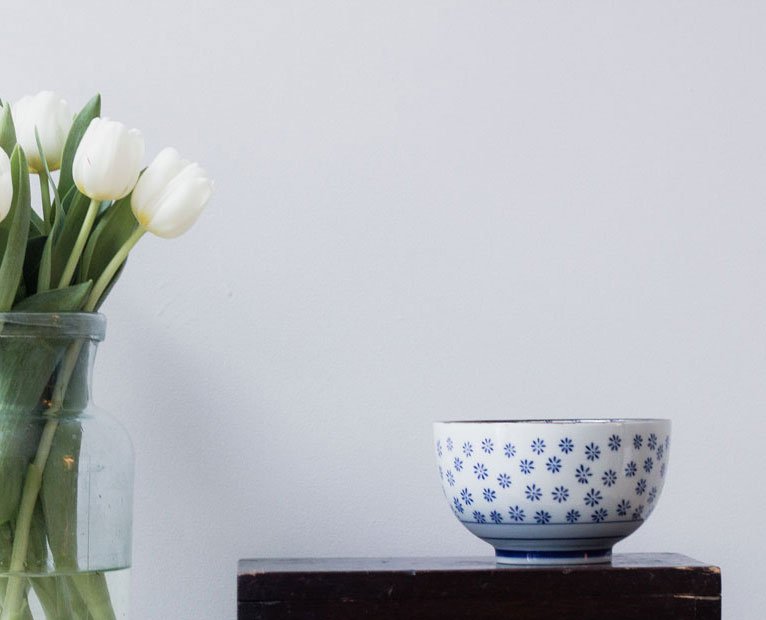The Power Of A Positive Attitude
We all know the benefits of a positive attitude. It's why sayings like "chin up" and "look on the bright side" have become cliché.
But positive thinking isn't just a fluffy skill to stay upbeat. Philosophers, psychologists, doctors and researchers all agree that positivity can give us:
Lower levels of depression and anxiety
Greater resistance to the common cold
Increased pain tolerance
Better cardiovascular health and reduced risk of death from cardiovascular disease
Better coping skills during hardships and times of stress
Better decision-making abilities
More creativity
In 1985, Michael F. Scheier and Charles S. Carver published one of the first studies on optimism, and found that "Optimists are not simply being Pollyannas; they're problem solvers who try to improve the situation."
Barbara Fredrickson is a positive psychology researcher at the University of North Carolina who published a study that correlates positive thinking to building new skills. She found that positive emotions broaden your sense of possibilities and open your mind, which in turn allows you to build new skills and resources that can provide value in many areas of your life.
But what if you're not naturally inclined to be optimistic?
It matters not, because you can choose to have a positive attitude, even if you don't feel like it.
Positivity is a choice, and its one that scientists say will give you real benefits even if you fake it. "Fake it 'til you make it" is a real phenomenon, with real results.
A couple of examples:
-Tara Kraft and Sarah Pressman of the University of Kansas performed a study that forced participants to smile and found that smiling reduced the intensity of the body's stress response, regardless of whether a person actually feels happy.
-Amy Cuddy from Harvard Business School found that standing in a more confident “power pose” actually makes you feel more confident.
And so if you're not feeling optimistic, fake it. And build your lifestyle around practicing it.
10 WAYS TO INCREASE POSITIVE THINKING
1. Write about a positive experience daily.
Spend time with your journal each evening to write down and describe something positive that happened that day. Write about how grateful you are for that experience. One amazing study found that when test subjects wrote about a positive experience each day for three consecutive days they had long-term enhanced mood and decreased illness. Wow.
2. Make time for more positive experiences.
We're so busy these days working and keeping up with a string of commitments that we sometimes forget to just have a day of play. We used to know what play meant when we were kids - unstructured activity just for the fun of it, and nothing else. Being mindful of having fun and smiling during "play time" will let you more easily access positivity throughout the rest of the week.
3. Be still and breathe.
Meditating or praying or just being still and focusing on your breath is helps you to be mindful throughout the day, and take note of the many wonderful and positive things happening around you. Carve out me time during the day - turn off your phone, go for a solitary walk outdoors, or find a comfy corner at home where you won't be disturbed.
4. Establish a morning routine.
When you begin the day purposefully and positively, it carries through. Begin a morning routine that praying, meditating or journaling. You may want to repeat daily affirmations. And get your energy level up and ready to conquer the day with music and/or exercise.
5. Smile.
Smiling gives an instant mood boost and relieves stress because it releases serotonin and endorphins. Make a point to smile more often throughout the day - whether its sitting in your car alone in traffic, passing by a stranger on the street or greeting a loved one at the end of the day.
6. Be grateful for the little things.
It's the little things in life that have the greatest impact, because they happen every day. Learn to see and enjoy sunrises, a child's questions, a hug, a rainfall, the smell of brewing coffee. Be mindful of the many things in your day that are pleasurable.
7. Consume only the positive.
We need to be careful of what we consume in our bodies - and that includes our brains. Positivity results from ingesting uplifting books, podcasts, music and movies. This extends to people as well. Don't spend a lot of time around negative people - it rubs off. Instead, call someone you love and have a real conversation. Rewire your brain by surrounding yourself with "pure and lovely things."
8. Change your thoughts.
Get in the habit of changing your negative thought patterns when they emerge. When your brain tells you, "Oh no, my boss just called me into their office - this is not good" change it to "Oh wow, my boss actually wants to talk to me - I can't wait to find out what opportunity this might bring." Turn pessimism into optimism with purposeful thinking and soon it will become a habit.
9. Do something kind.
Perform one small act of kindness every day. It could be random like paying for someone's coffee, or purposeful like helping a co-worker by staying late to help them get a project done. And be free (but genuine) with compliments to others. It's amazing how giving joy to others brings joy back to you.
10. Take responsibility.
You are solely in control of your own attitude. You may not always be in control of your circumstances, but you can choose to see the best in any situation. Take responsibility and don't be a victim of pessimism. Instead, ask, "what can I learn from this?". Life is happening for you, not to you. Take comfort in that everything will work out for your good.































